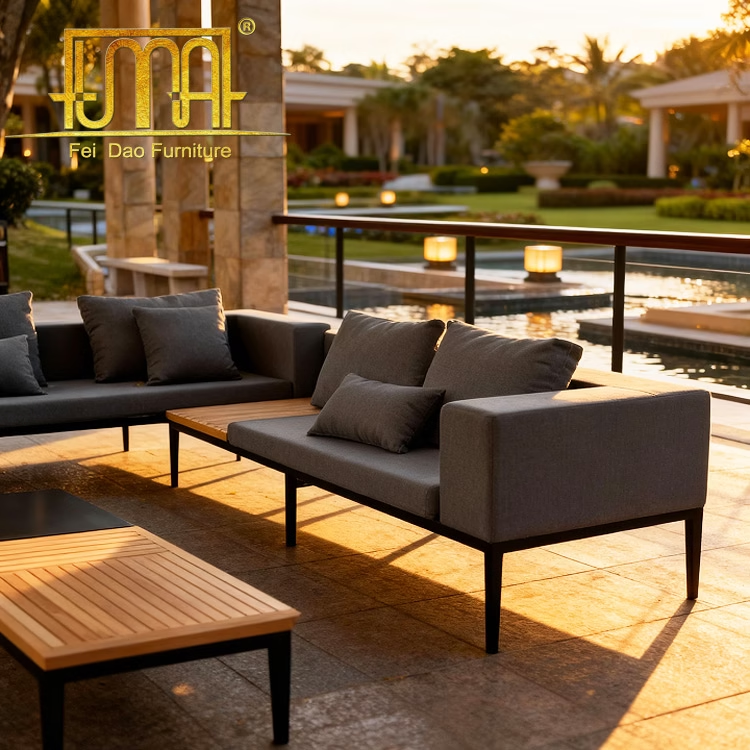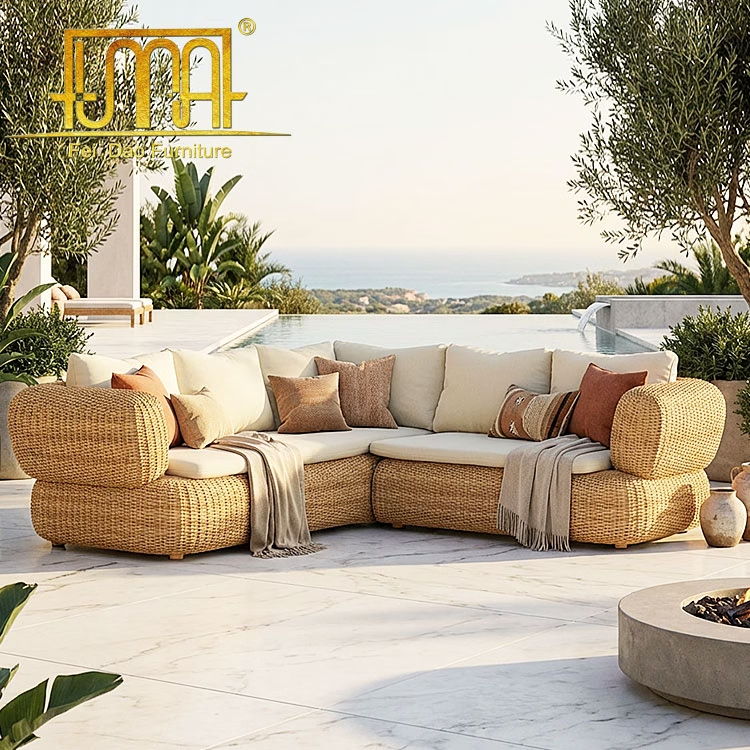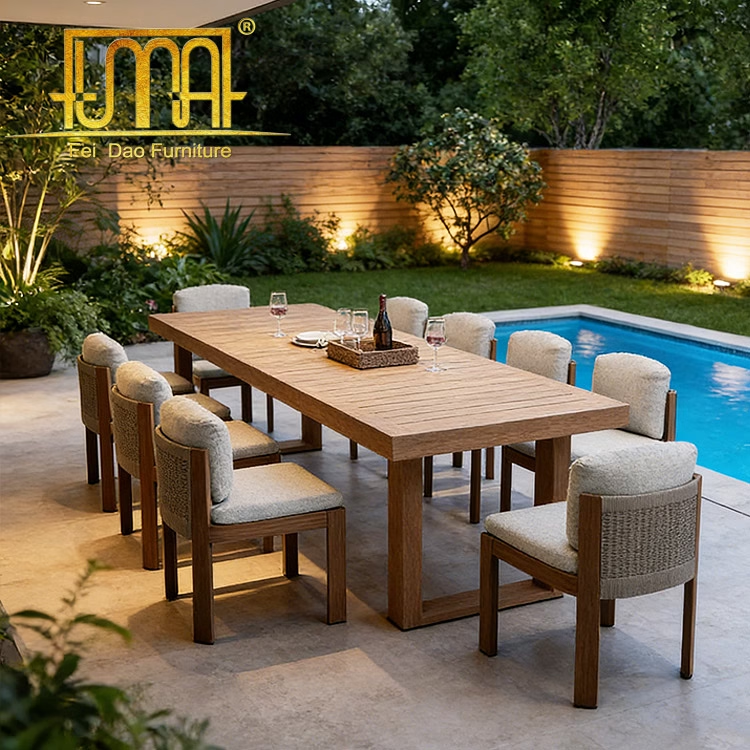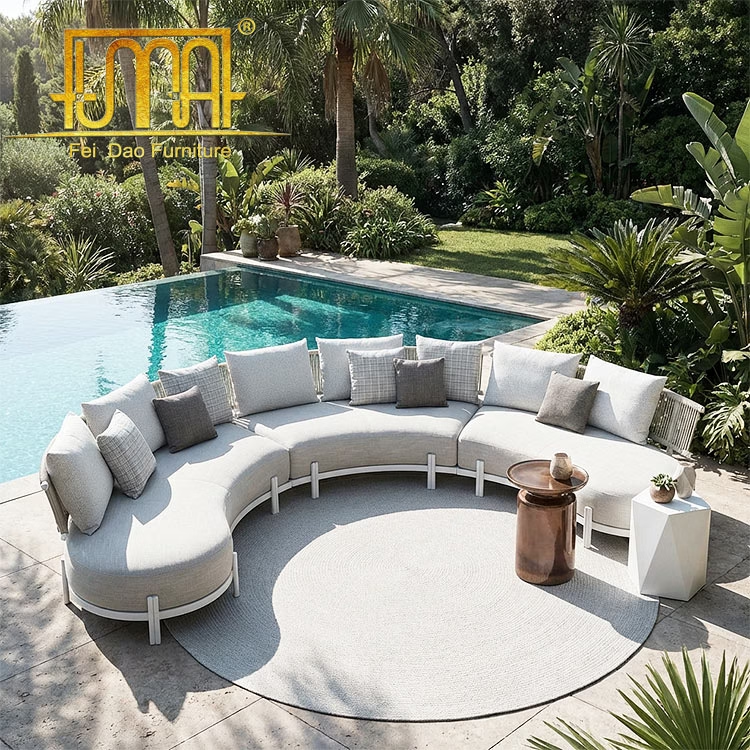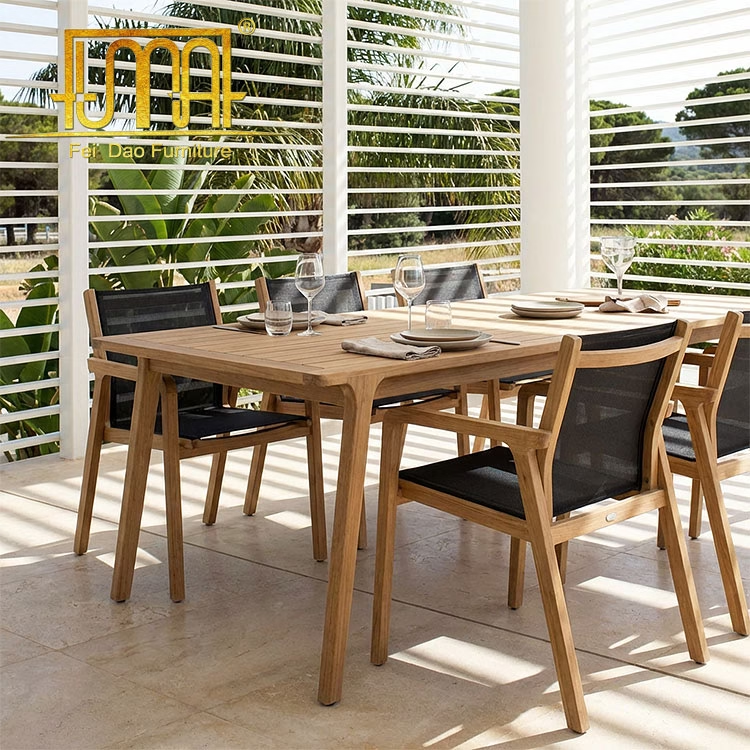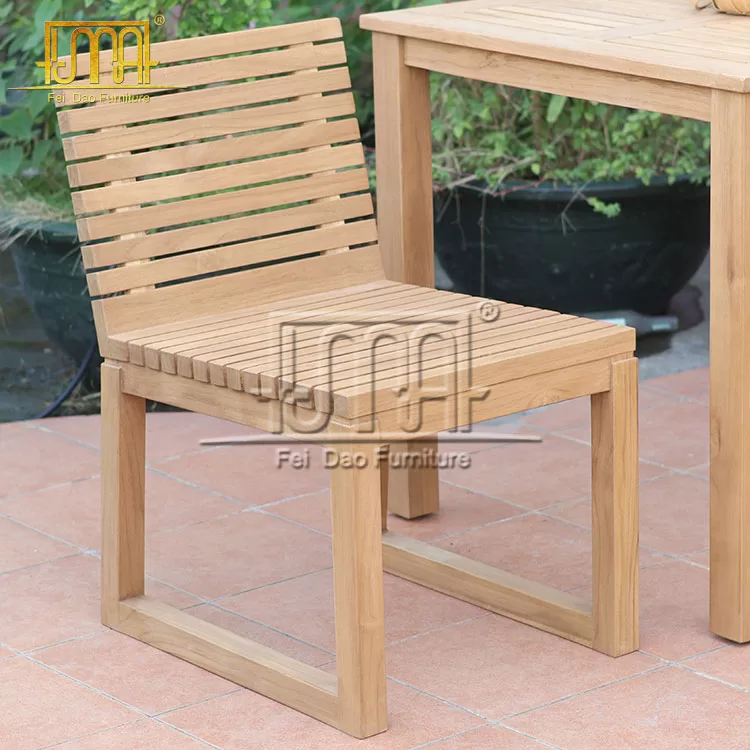Does Teak Wood Rot?
Clearing Facts and Myths
Imagine owning furniture that not only looks stunning and adds character to your home but also withstands the test of time, lasting for generations. Teak wood, a versatile and resilient hardwood, offers just that. In this blog post, we will delve into the fascinating world of teak wood, discussing “Does teak wood rot: clearing facts and myths,” uncovering the truth behind its resistance to rot, debunking myths, and exploring its various uses and environmental impact.
Key Takeaways
- Teak wood is renowned for its natural resistance to rot due to its high oil and silica content, dense grain structure, and impressive tensile strength.
- Common misconceptions about teak wood’s susceptibility to rot or the need for regular maintenance are debunked in this article.
- Alternatives such as PVC decks, Mahogany, and White Cedar can help reduce the environmental impact of teak production while still providing similar durability benefits.
Teak Wood’s Resistance to Rot
Teak wood, a durable hardwood derived from the teak tree (Tectona grandis) native to south and southeast Asia, is renowned for its strength, durability, and resistance to extreme weather conditions and rotting. This close-grained hardwood offers remarkable longevity, with some sources suggesting it can last for over 100 years.
What contributes to teak wood’s remarkable resistance to rot and how does it benefit our daily lives? Teak wood owes its robust resistance to rot to its unique amalgamation of natural oils, silica content, and dense grain structure. We’ll now examine these elements and their contribution to making teak wood such a resilient and desirable material.
Natural Oils
Teak wood is blessed with an abundance of natural oils, such as silica and rubber, which protect it from rot, insects, and fungi. These oils, including teak oil, act as a natural deterrent, safeguarding the wood from:
- water
- pests
- fungi
- mold
This inherent resistance to the elements makes teak wood an ideal choice for outdoor furniture and boat building.
Teak wood boasts a notably higher natural oil content than other common woods used in outdoor furniture and boat building. This oil content not only increases the durability and resistance of teak wood but also contributes to its water resistance. With such an impressive array of natural defenses, it’s no wonder that teak wood is a popular choice for both indoor and outdoor applications.
Silica Content
The high silica content in teak wood, which can be up to 1.4%, plays a crucial role in its durability and resistance to rot and decay. Silica serves as a natural preservative, protecting the wood from moisture and pests. This impressive silica content also differentiates teak from other woods, making it a more durable and long-lasting material.
Despite its high silica content, which can cause tools to become dull, teak wood is relatively easy to work with. It glues and finishes well, making it an attractive choice for furniture making, even with its propensity to blunt-cutting edges.
Dense Grain Structure
Teak wood’s dense, close-grained nature sets it apart from other types of wood, making it an excellent choice for the most durable garden furniture. This dense grain structure, coupled with its high natural oil content, makes teak wood highly resistant to rot and insects.
The average density of teak wood, which ranges from 0.65 to 0.98 g/cm³, depending on the type and origin, further adds to its strength and durability. This density makes teak wood suitable for various applications, including durable teak benches that can withstand the elements for decades.
Teak Wood Myths Debunked
With such an impressive reputation, it’s no surprise that teak wood has become the subject of many myths and misconceptions. In this section, we aim to debunk two common myths about teak wood: that all types of teak wood are susceptible to rot and that teak wood requires regular maintenance to prevent rot.
By examining the facts and dispelling these myths, we can gain a better understanding of the true nature of teak wood and its incredible durability.
Myth: All Types of Teak Wood Are Susceptible to Rot
Contrary to popular belief, not all types of teak wood are prone to rot. In fact, teak wood is well-known for its remarkable durability and resistance to rotting. Numerous types of teak wood are available, including:
- Burmese teak
- Indonesian teak
- Indian teak
- African teak
- Plantation teak
There are also different grades of teak wood, such as Grade A, Grade B, and Grade C.
The quality of teak wood varies among these types, with factors such as extractives, lignin content, water resistance, and physical strength and durability contributing to the rot resistance of various types of teak wood. The origin of teak wood does not significantly impact its resistance to rot, as teak wood is generally resistant to rot due to its inherent protective oils.
Myth: Teak Wood Requires Regular Maintenance to Prevent Rot
Another common myth is that teak wood requires regular maintenance to prevent rot. In reality, teak wood’s natural oils and silica content make it robust and long-lasting, requiring very little maintenance to prevent decay.
Teak wood’s low-maintenance nature is one of its most appealing qualities, especially for those who want to enjoy beautiful, durable furniture without the hassle of constant upkeep. So, rest assured that your teak wood furniture will stand the test of time, even with minimal maintenance.
The Lifespan of Teak Furniture
Having discussed the factors contributing to teak wood’s resistance to rot and dispelled common myths about its decay susceptibility, we’ll now analyze the lifespan of teak furniture. Given its outstanding durability and strength, teak wood, with appropriate care and maintenance, can endure for decades, if not centuries.
In this section, we will delve into the longevity of teak furniture, both for outdoor and indoor use and discover how investing in teak wood furniture can provide you with a lasting and beautiful addition to your home or outdoor space.
Outdoor Teak Furniture
Teak wood’s durability and resistance to rot make it an excellent choice for long-lasting outdoor furniture. Its high oil content repels water and prevents deterioration like warping, rotting, or mildew growth. Teak wood’s inherent qualities make it highly resistant to decay and pests, making it a popular selection for outdoor furniture that requires minimal maintenance.
The average lifespan of outdoor teak furniture is believed to be 15+ years, with some reports suggesting a lifespan of 25 to 30 years or even longer. Factors that may affect the longevity of teak furniture used outdoors include:
- Exposure to pollutants such as salt-water vapor and chemicals in rainwater
- Regular cleaning and maintenance
- The local climate
- The quality of the teak wood itself
Indoor Teak Furniture
Teak furniture, a popular choice for indoor and outdoor furniture, can last a lifetime with minimal maintenance as it naturally resists rot. This makes it an ideal choice for long-lasting teak furniture indoors that requires little care. This durable and beautiful addition to your home ensures that your furniture requires minimal attention over time.
Teak wood’s remarkable resistance to damage and decay ensures that your indoor teak furniture will maintain its beauty and structural integrity for generations to come. With proper care and attention, your investment in high-quality teak wood furniture will continue to bring warmth, elegance, and timeless style to your home.
Does Teak Wood Rot?
In conclusion, teak wood’s remarkable resistance to rot, incredible durability, and timeless beauty make it a sought-after material for both indoor and outdoor furniture, boat building, and residential decking. By understanding its unique properties, debunking common myths, and embracing sustainable practices, we can appreciate the true value of teak wood and make informed choices that benefit both our homes and the environment.
Welcome to follow our Instagram, Tiktok.
Or contact us directly.
Want to read another article? Please click this: How To Clean Wicker Furniture



